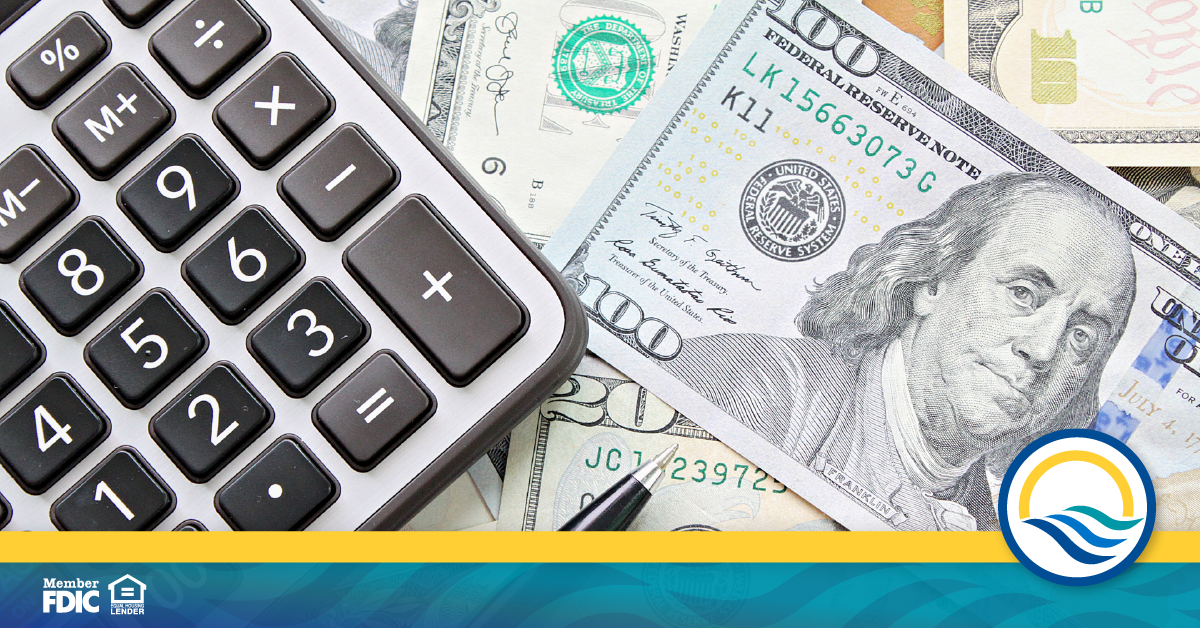Checks and Balances: Balancing Your Checkbook
Balancing a checkbook has been shorthand for financial responsibility for generations. While it’s always been presented as a laborious, unenviable task, keeping your money in order is fairly simple as long as you stick to a routine. Since so much of our world is now paperless and digital, balancing your checkbook is easier than ever.



